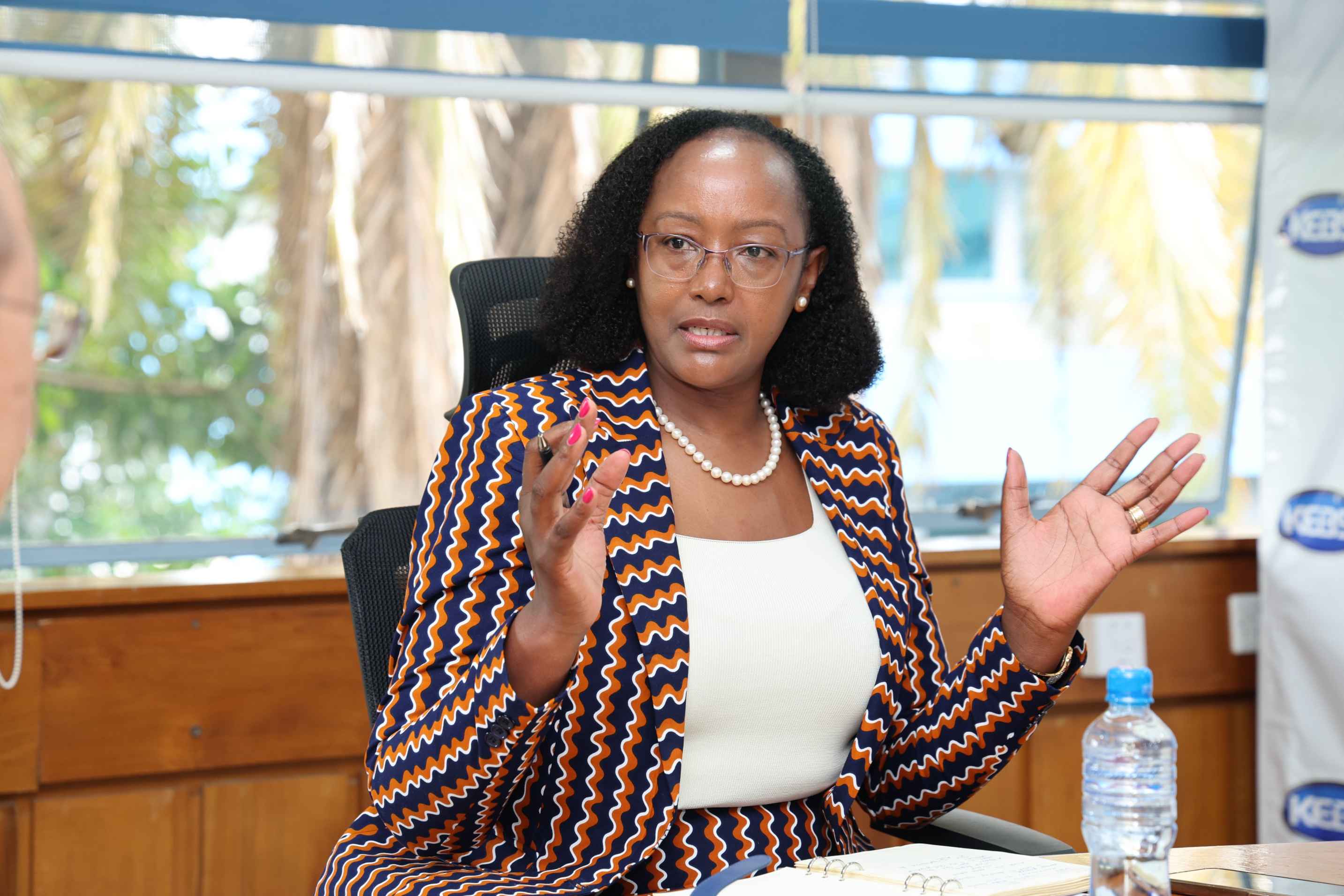The Kenya Bureau of Standards has pushed back against allegations that contaminated sugar is being distributed across the country, calling the claims baseless and an attempt to mislead the public.
The move comes as opposition figures accuse the government of being complicit in a scheme to secretly repackage and sell imported sugar that was allegedly marked unfit for consumption.
In a statement issued on July 31, KEBS said it is aware of the growing concern and clarified that every batch of sugar, whether produced locally or imported, is thoroughly checked for safety before it reaches consumers.
"Our attention is drawn to statements circulating in the public domain alleging that contaminated sugar is circulating in the Kenyan market," read part of the statement.
"KEBS would like to dispel these allegations and ascertain that both locally produced and imported sugar undergo mandatory and rigorous inspection, testing and certification before release to the market."
KEBS further called on the public to remain calm and avoid reacting to information being spread online without verification.
“KEBS remains vigilant and transparent in its duty to protect consumers. We urge the public to disregard unverified and alarming information circulating in social media and other platforms," said the bureau.
The remarks came after opposition leaders led by Wiper party leader Kalonzo Musyoka claimed that a large shipment of 25,000 metric tonnes of sugar, recently docked at the Port of Mombasa, was being moved to a Western Kenya-based factory for repackaging and later distribution.
“We are aware of a cargo of 25,000MT of sugar that recently landed in our Port of Mombasa. These 25,000 MT of sugar are already on their way to a Western Kenya sugar factory to be repackaged and sold to unsuspecting Kenyans,” Kalonzo said.
His concerns were echoed by other opposition leaders, including Martha Karua and Eugene Wamalwa, who claimed that the government was facilitating illegal imports under the guise of food security, while deliberately keeping local millers idle to create space for questionable stock.
"And we know that the three-month closure of the mills in Western was to realize artificial shortage in order for secret importation and re-packaging of the unfit sugar for sale," Wamalwa stated.
This growing uproar has widened to include not just sugar but also rice imports. Leaders from both the opposition and the ruling Kenya Kwanza coalition are now pushing back against the decision to open a duty-free window for importing 500,000 metric tonnes of milled white rice until the end of the year.
Martha Karua strongly criticised the government, accusing it of harming the public through policies that promote unsafe goods while abandoning key sectors like education and agriculture.
"This is a criminal regime that not only resorts to wilful violence against its people, resorts to physically harming its populace unfit for public consumption of goods, but also attempts to limit its people via willful and defunding education which is a right," said Karua.
The backlash has also drawn support from other leaders, including Kirinyaga governor Anne Waiguru and Maara MP Kereke Mbiuki. Both called on the government to prioritise local farmers instead of turning to foreign imports.
In an effort to ease public anxiety, Agriculture Cabinet Secretary Mutahi Kagwe addressed the matter during a forum at the Kenya School of Agriculture in Nyeri. He assured farmers that the government will first purchase all rice available from local producers before any importation is allowed.
"We are assuring all farmers that the government is going to buy all stock from the farmers. The imports won't affect local production," Kagwe stated.
The Agriculture and Food Authority also released a statement highlighting the need for temporary rice imports to prevent wider food shortages and potential price increases. It warned that the ongoing shortfall could affect other basic staples if not addressed quickly.
"Failure to import rice under the current shortfall would lead to either acute food scarcity or a sharp spike in prices not only for rice but also for other staples such as maize flour and wheat products. This would create a domino effect on the cost of living and place an unsustainable burden on millions of Kenyan households."
Despite the government’s explanations, opposition leaders remain firm in their position, warning that Kenyans are being exposed to unsafe goods and manipulated food prices. Kalonzo issued a sharp political statement targeting President William Ruto, saying public patience is running thin.
"President William Ruto, you are living on borrowed time and we are telling you that one term is a reality," Kalonzo declared.
As the controversy deepens, public confidence in food regulation and government policy continues to be tested. While KEBS insists no substandard sugar has reached consumers, opposition leaders continue to demand accountability over what they say is a growing pattern of deception and disregard for public health and local industry.

